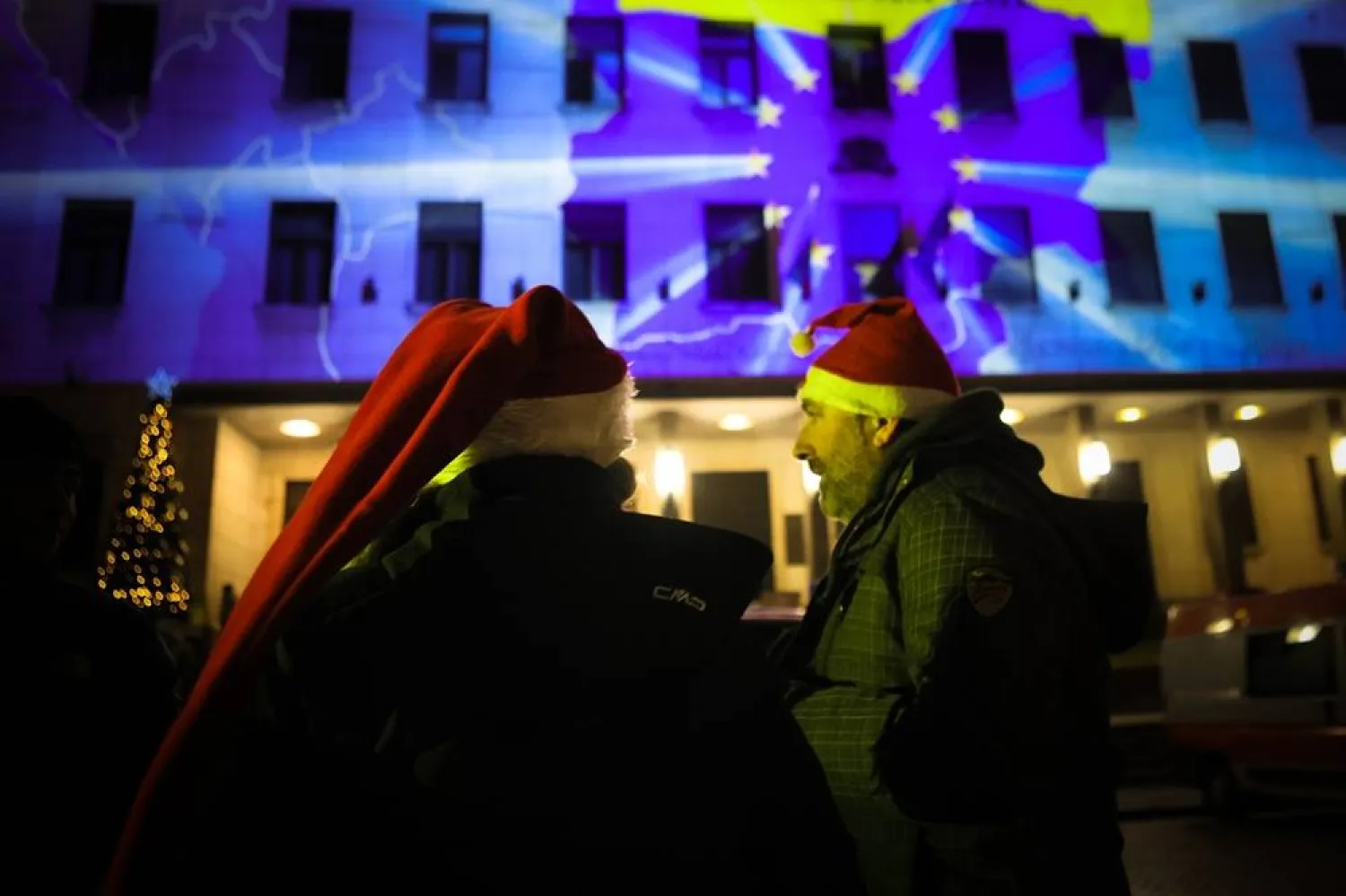In its inaugural private sector partnership, the Sports Boulevard Foundation (SBF) signed an agreement with Ajdan real estate development company, and Albilad Capital to establish a private mixed-use real estate fund valued at SAR 1 billion for the development of the private plots within the Arts District, one of the eight districts of the Sport Boulevard project.
Structured as a private closed-ended real investment estate fund, managed by Albilad Capital, the collaboration aligns the interests of both the project and the private sector. The Sports Boulevard Development Company will be the major unitholder in the Fund, Ajdan Real Estate Development Company as a developer and co-investor, and Albilad Capital as the fund manager.
The project aims to develop a diverse range of residential, retail, office, and entertainment spaces. The development will span over a 20,000 sqm area within the Sports Boulevard located on Prince Mohammed bin Salman Road and boast a built-up area (BUA) exceeding 120,000 sqm.
All aspects of the development will be guided and informed by the Sports Boulevard’s Design Code, inspired by Salmani principles, and the project will encompass approximately 60,000 sqm of gross leasable areas, promising a dynamic and immersive experience for occupants and visitors alike.
Jayne McGivern, CEO of the Sports Boulevard Foundation, said: “This strategic partnership marks a significant step forward in Riyadh’s urban development, and we are excited to work alongside our partners Ajdan Real Estate Development Company and Albilad Capital to introduce world-class facilities into Sports Boulevard’s Art District.”
“From job creation to enabling the city’s residents to make healthier and more sustainable lifestyle choices, our partnership will have a positive impact on every aspect of society. It will truly support in redefining Riyadh’s landscape into one of the most liveable cities in the world, as part of the Kingdom’s ambitious Saudi Vision 2030 goals,” she added.
Eng. Mohammed, Al-Otaibi, CEO of Ajdan Real Estate Development said: “We are proud to announce the establishment of the Real Estate Fund through our strategic partnerships with the Sports Boulevard Development Company and Albilad Capital. This investment will support Sports Boulevard in its mission to provide world-class facilities to the people of Riyadh and will be key in supporting the Kingdom to deliver its Saudi Vision 2030 objectives.”
Zaid Almufarih, CEO of Albilad Capital, said: “The new fund announced today by the Sports Boulevard Development Company and Ajdan Real Estate Development Company marks a vital step forward in Riyadh’s transformation into one of the world’s top 10 most livable cities, as part of the Kingdom’s ambitious Saudi Vision 2030 and Quality of Life goals.”
“We look forward to working with both the Sports Boulevard Development Company and Ajdan Real Estate Development Company to turn this vision into a reality, along with this unique project’s objectives as we will invest in our technical and human capabilities to maintain excellence in managing high-quality products and leverage our expertise to accomplish the fund's goals and benefit its investors,” he stressed.
Within the Arts District, located at the intersection of Prince Mohammed bin Salman bin Abdulaziz Road with Prince Turki bin Abdulaziz Al Awwal Road, the project extends beyond the private development parcels, sitting on an area of 184,000 sqm and offering an enchanting public realm distinguished by recreational activities. With pedestrian and cyclist-friendly paths and trails, the Arts District is set to become a haven for efficient mobility while featuring distinguished artworks all seamlessly connected to the Promenade and cycling bridge
The Sports Boulevard is one of Riyadh’s mega projects launched by Custodian of the Two Holy Mosques, King Salman bin Abdulaziz on March 19, 2019. Supported by Prince Mohammed bin Salman bin Abdulaziz, the project extends more than 135km on Prince Mohammed bin Salman bin Abdulaziz Road connecting Wadi Hanifah in the West with Wadi Al Sulai in the East through a grid of safe green pathways for pedestrians, cyclists, athletes, and horse-riders. The project boasts 4.4 million square meters of greenery and open spaces, and up to 50 multidisciplinary sports facilities.









